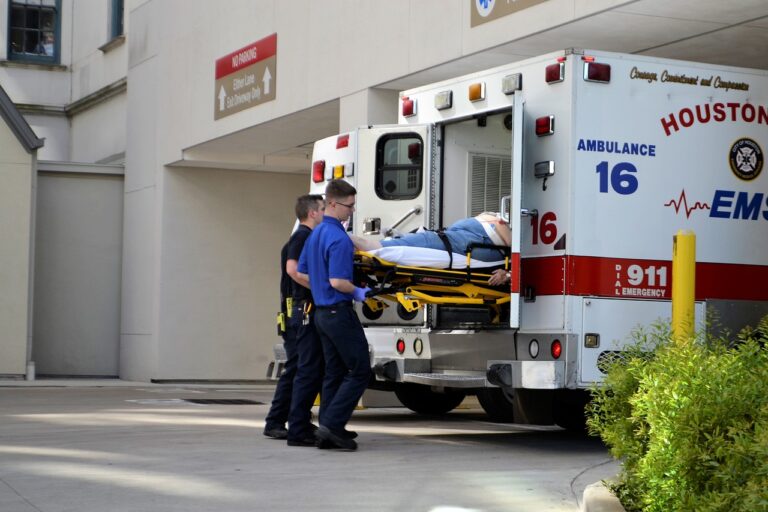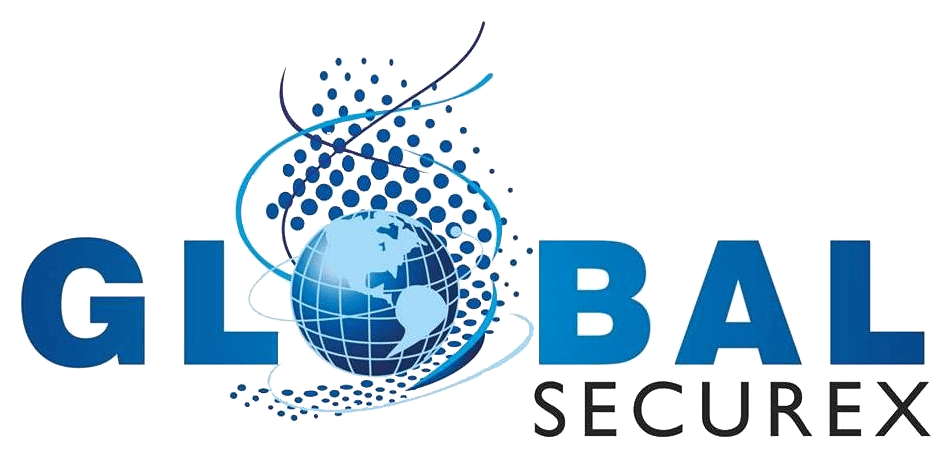In an emergency medical situation, there might not be much time to consider your options. When an urgent care facility isn’t able to see you right away and your condition requires treatment, you have the option of using an emergency medical service (EMS). For example, any delay in receiving care could endanger your life if you have breathing difficulties, severe wounds, or chest pains. Still, some decide not to seek emergency care around the clock.
A Centers for Disease Control survey from 2010–2011 found that the median wait time for treatment at emergency rooms was a little over 90 minutes, while the median wait time at emergency departments was 30 minutes. 1. Approximately 141.4 million people visited emergency rooms in 2014. 2. As a result, overcrowding is an issue in many establishments. Other causes of lengthy ER wait times include the following:
First to be seen are those with urgent, life-threatening symptoms.
Testing, reviewing test results, and diagnosing patients require
There are a restricted number of beds available for individuals undergoing diagnosis and/or treatment.
Medical specialists like pulmonologists and cardiologists are hard to come by.
Unexpected occurrences take precedence, including car accidents, disease outbreaks, and natural calamities.

Emergency Health Services: What Are They?
An emergency medical service in Panchkula (EMS), whether it is located outside of a hospital or inside one, is prepared to treat patients with critical diseases or injuries. Usually, ambulance transport is part of it. There are a variety of medical experts in attendance, ranging from doctors in specialty fields of medicine to nurse practitioners. Hospital services, such as lab and imaging services, trauma and injury care, and surgical facilities, are frequently offered right away.
EMS is integrated with a wide range of systems and services, such as private ambulance services, police and fire departments, airport emergency service agencies, voluntary organisations, hospital-based organizations, and emergency transport services linked to the 9-1-1 system. These multipurpose units make up for the community’s lack of funds or resources.
ER vs. Primary Care/Urgent Care
Sometimes it’s up to the individual whether or not to visit a 24-hour medical facility. The ER is fully equipped, although wait times will increase if your condition is not deemed high-priority. If you need sutures for a small sprain, have an eye infection, a cold, earache, or any of these conditions, urgent care is fine.
For symptoms that develop gradually, urgent care is a preferable choice. You can have a rash, an infection in your urinary tract, or a sore throat and already know the diagnosis. While appointments at urgent care facilities are frequently more flexible, they shouldn’t be used in place of routine medical visits.
Patients typically schedule appointments with doctors. It’s possible you’ll have to wait even if you manage to acquire an appointment on the same day. Your doctor is aware of your medical history, yet you could find the symptoms unbearable to endure while you wait in the office. Urgent care can often be helpful, but for the following five reasons, you should get emergency care right away.
Motives for Visiting the ER
If an emergency requires prompt decision-making, a Scripps infographic offers a brief summary of when to go to the emergency room versus urgent care; however, not all emergency room visits are related to symptoms. We’ve highlighted some of the most important indicators of potentially fatal situations as well as some additional advantages of EMS.
Pain
Chest pain and stomach/abdominal pain are the most frequent causes of ER visits.4. Even though minor pain doesn’t always indicate a serious problem, there are several signs of extreme discomfort. When in pain, visit the ER for the following reasons:
Chest pain: You should be concerned if it lasts longer than a few minutes. A heart attack is indicated by chest pain that travels to the arms, particularly the left arm or jaw. There may also be sweating, vomiting, or shortness of breath.
Abdominal discomfort: Severe abdominal pain may be a sign of gynecological disorders, appendicitis, intestinal blockages, gallbladder infections, or consequences from hernias. Also, You should also get emergency care if the pain is severe or starts halfway down your back.
Severe back pain: While backaches are generally not a reason for concern, they should be treated urgently if they are severe and/or accompanied by other symptoms such as developing limb weakness, loss of bladder or bowel control, sudden or severe stomach discomfort, lack of appetite, fever, or unexplained weight loss. Potential causes of acute back pain without trauma or related movement include abdominal aortic aneurysm, malignancy, infection, and compression of the nerve sac (also known as cauda equina syndrome).
Head pain: If you also have a fever, difficulty walking, or neurological symptoms like weakness, impaired vision, numbing feelings, or slurred speech, your severe headache may not be a migraine, cluster headache, or sinus headache. Another good reason to attend a 24-hour emergency room is sudden onset of pain. Teams of medical professionals will look for signs of stroke and other dangerous illnesses.
Global Securex vs. Other Providers
For true peace of mind, consider pairing a Global Securex medical emergency alarm system Panchkula with access to exceptional emergency medical services. While a hospital emergency room is always an option for serious medical crises, waiting times can be lengthy. A medical emergency alarm system from Global Securex can ensure help arrives promptly. Additionally, Panchkula residents with our system can benefit from the care and efficiency of local emergency medical services. Just like the Exceptional Emergency Center prioritizes a calm environment and swift treatment, Panchkula’s emergency medical services strive to deliver timely and professional care.
To know more about our Global Securex EMS system, visit the link: The-Role-of-EMS/
If you or a loved one is exhibiting symptoms of a medical emergency, send us an online message or stop by the location that is closest to you. Give our emergency hotlines a call at:
Phone No.: 08288023456 | 01724685500
Mail – hr@globalsecurex.in
